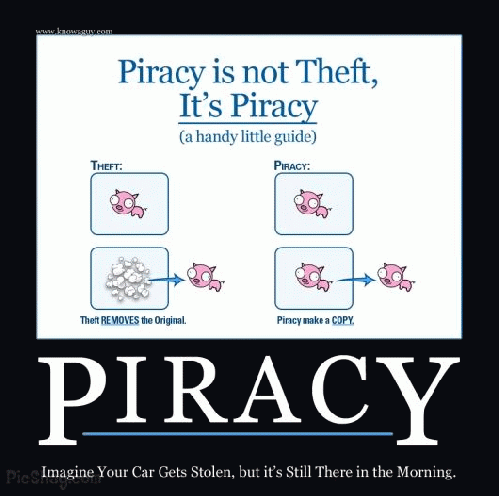Sony was hacked and hacked hard. Recently a cybercriminal group by the name of "The Guardians of Peace" (or GOP as they call themselves) hacked Sony Pictures leaving them crippled for a time, temporarily turning to faxes and avoiding email. They're not the only ones, the file cloud Dropbox and financial advisor JP Morgan were also hacked this year. Considering the many mistakes that company employees make that make it easier on hackers, it's no surprise that cybercrime is only getting worse.
The recent hack of Sony by the GOP saw the release of sensitive materials that are damaging to Sony, like the contract info of stars, the personal emails of executives, even unreleased movies with the threat to release more. The GOP uploaded the unreleased movies to Pirate Bay, leading to the arrest of the co-founder and the shutdown of the main site. There are those that, of course, consider piracy to be cybercrime. It makes sense; it's illegal, and it's perpetrated through the internet so the label would seem to fit. The questions are though, how much does piracy actually damage the economy? Should internet piracy be illegal? Is it even worth spending millions of dollars to prevent it?
The Figures
Finding the exact cost of piracy to the economy is difficult to say the very least. According to The Institute for Policy Innovation (IPI), "the total costs to the U.S. economy of copyright piracy are estimated to exceed $58 billion in lost output, 373,375 lost jobs." These numbers however, have come under scrutiny because the methodology in obtaining these figures was unclear.
The main problem with these numbers is the fact that their origins are ridiculously hard to track. An investigation done by the United States Government Accountability Office came to the conclusion that, "estimating the economic impact of IP infringements is extremely difficult, and assumptions must be used due to the absence of data." They go on to say, "despite significant efforts, it is difficult, if not impossible, to quantify the net effect of counterfeiting and piracy on the economy as a whole." Figures provided by the IPI are pure conjecture and simply the most recent claims.
What is readily available is the fact that in 2011, the US lead the world in internet piracy, with a staggering 96.7 million illegal downloads, with the UK coming in second place with 43.3 million. While that is a huge number, when you consider that there are 313.2 million of internet users in the US that leaves us with less than a third of people with internet access illegally downloading copyrighted material. Even that figure is problematic, as to come to that conclusion, the pirates would have had to only download one file each for the entire year. Considering people download entire seasons of shows, the number of pirates has to be even smaller than that.
Then you have the efficacy of measures taken to curb piracy, specifically digital rights management (DRM) to consider. The intent, of course, is to make sure that only legitimate purchasers can enjoy the product, but more often than not DRM is a roadblock for legit users. Meanwhile, pirates laugh at DRM as it provides only the briefest of obstacles. There are even a few developers who decry DRM as the 'worst thing in the gaming industry', and complaining that "[i]t can punish players who actually bought the game."
The Bright Side
(Note: You can view every article as one long page if you sign up as an Advocate Member, or higher).





